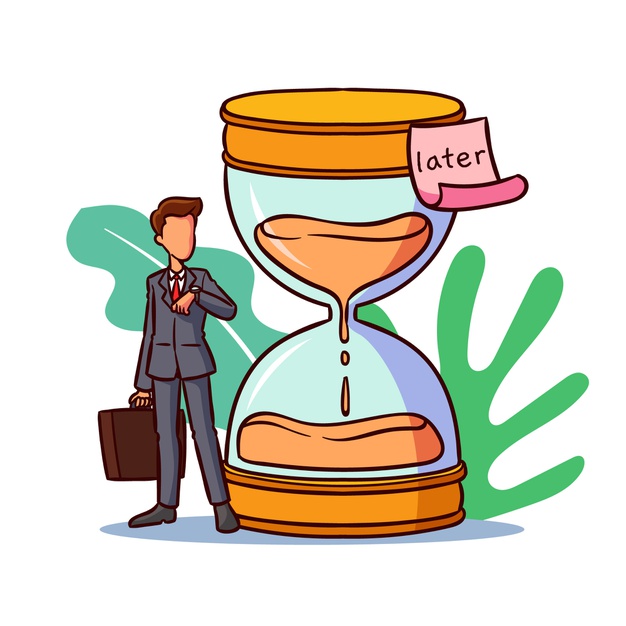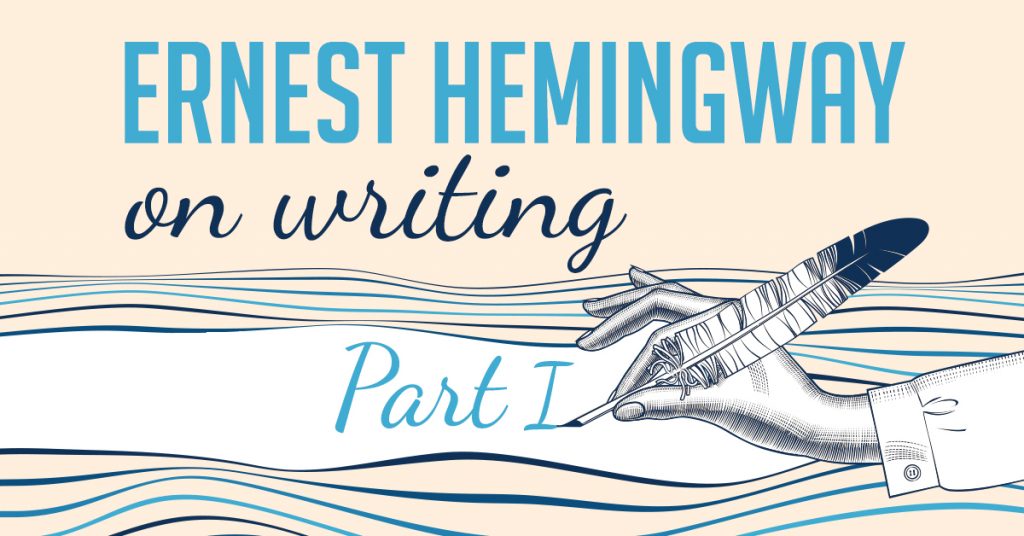Several years ago, my wife Laura got me a book titled “Ernest Hemingway on Writing.” 📖
I’d never read it until recently when I tore through about 65 pages in a single day.
👇
My God, is it filled with gems.
And I’ve been notating my favorite quotes/passages and then copying them to my computer.👨💻
So with that being said, I’m going to spend the next few posts sharing some of his best insights with you…👇
Then extrapolating on how they can be applied to copywriting.
Here we go:
The Quote:
“Charlie [Scribner’s] ridiculing of my daily word count was because he did not understand me or writing especially well nor could know how happy one felt to have put down properly 322 words as you wanted them to be. And days of 1,200 or 2,700 were something that made you happier than you could believe. Since I found that 400 to 600 well done was a pace I could hold much better was always happy with that number. But if I only had 320 I felt good.”
The Application:
One of the reasons I quote longer turnaround times is so that I can write less each day. Even if I only have 10 days to write a letter, realistically, that means I just need to write 500 or so words per day.
What really happens, though, is that some days I’ll end up writing 1,500 words…
While other days I'll only write 300 words.
Both are okay.

It’s better to write a small quantity of really strong and effective words than a sprawling spew of mediocre ones.
This is the same reason that the habit of procrastination, while incredibly common for writers, is so detrimental.
Waiting until the day before a deadline to write a sales letter can still work out…
But it’s unlikely that the end-product will be nearly as good as if you were to have paced it out.
Now, related to that, here’s another valuable tip from Hemingway…
“Always stop while you are going good and don’t think about it or worry about it until you start to write the next day. That way your subconscious will work on it all the time. But if you think about it consciously or worry about it you will kill it and your brain will be tired before you start. Once you are into the novel it is as cowardly to worry about whether you can go on the next day as to worry about having to go into inevitable action. You have to go on. So there is no sense to worry. You have to learn that to write a novel. The hard part about a novel is to finish it.”
The Application:
This is one of the best tricks I’ve learned from Hemingway (I heard about him doing this years ago): Stopping while you’re feeling great about your copy, rather than when you’re spent.
It makes it so the next day when you return to write more, you know exactly where to start.
Equally important, though, is the part about not thinking about your copy afterwards.
This ties into the concept of focused vs. diffuse thinking, which I’ve written about previously.
Essentially the logic is this:
You need to give your brain time “off” so that your subconscious mind can work its magic.
Spending all day obsessing over the copy you’re writing is counterproductive.
You’re going to write the copy eventually…
So there’s really no reason to worry or obsess over your copy when you’re not actively writing.
That’s it for today. But I’ve got several additional quotes and insights to share with you…
So stay tuned for more takeaways in the following posts 🙂
– SPG
P.S. This post originally came from an email I sent to my private list. If you want to see more stuff like this from me, you can apply to join my list using this link
